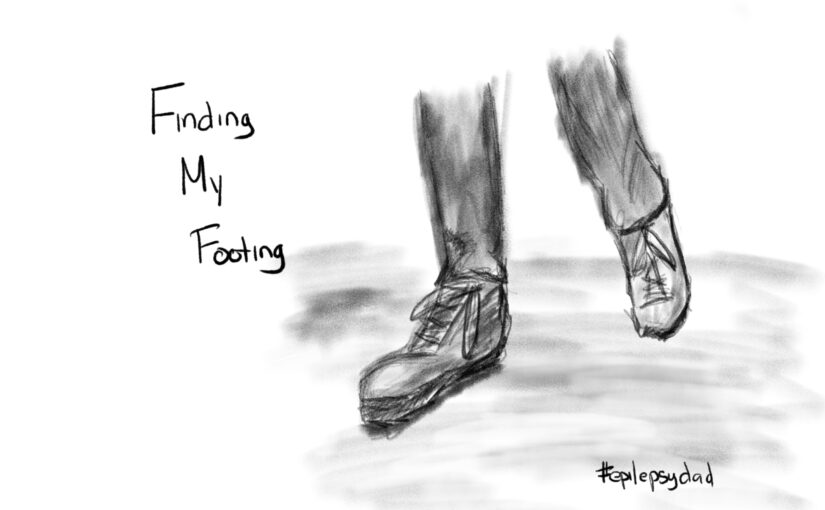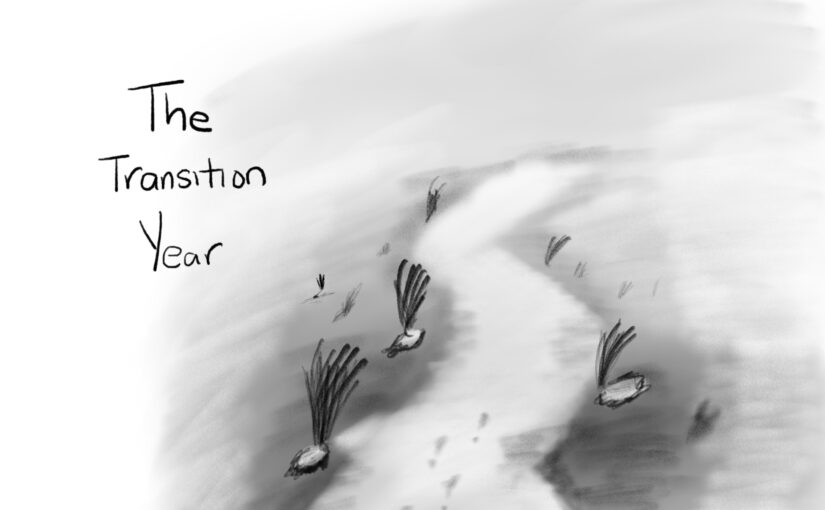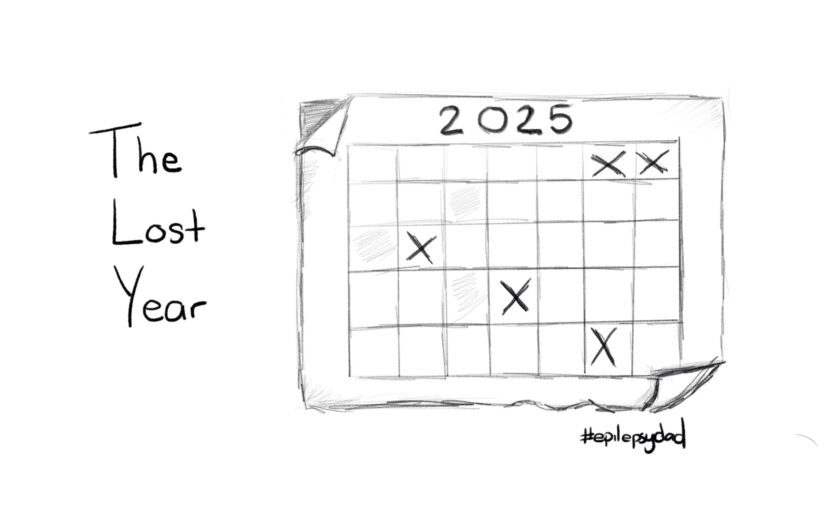I didn’t notice the ground at first.
There was no moment where things clicked into place. No deep breath followed by relief. No sense that I had made it through something. If anything, it was the opposite. The days just stopped surprising me in quite the same way.
That’s how footing arrived.
After a year where everything felt unstable, predictability began to creep back in. Not because life got easier, but because fewer things changed from one day to the next. The shape of my days started to repeat. Mornings followed a familiar pattern. Appointments landed where I expected them to. Fewer decisions felt urgent. Fewer moments demanded that I brace for impact.
It didn’t feel like progress. It felt quiet.
I noticed it first in my body. My shoulders weren’t as tight. I wasn’t flinching every time my phone buzzed. I slept a little more, not well, but better than before. My body figured it out before my mind did. Something had shifted. The ground wasn’t solid, but it wasn’t moving under my feet every time I stepped.
That’s when I realized I was finding my footing.
Not everywhere. Not all at once. Just in enough places that I wasn’t constantly correcting myself mid-step.
A lot of that steadiness came from the things that didn’t move.
My son’s needs didn’t pause while everything else changed. Neither did my goddaughter’s. School still started at the same time. Appointments still had to be made and kept. Medications still needed to be managed. Meals still needed to happen. Dogs still needed to be walked.
There was no room to wait for clarity.
Parenting didn’t provide answers, but it provided structure. It gave the day edges. It gave me somewhere to put my weight. Showing up wasn’t heroic or meaningful in the way people sometimes describe. It was necessary. It was grounding.
Some things didn’t shift. I built around them.
That responsibility didn’t make life lighter, but it made it steadier. It pulled me out of my head and back into the day in front of me. It narrowed my focus in a way that helped. When everything else felt provisional, the kids anchored the present.
Finding my footing didn’t mean feeling safe. It didn’t mean feeling confident. It didn’t mean believing the worst was over.
It meant knowing where I could stand.
There are still plenty of places where the ground feels uneven. There are still unknowns that sit just outside the frame of my days. There are still moments where I feel the urge to brace, to anticipate, to prepare for something I can’t name yet.
But I’m not slipping the way I was before.
I’m not steady everywhere. But I know where the ground holds.
For now, that’s enough.


